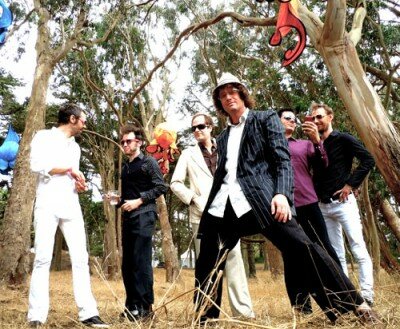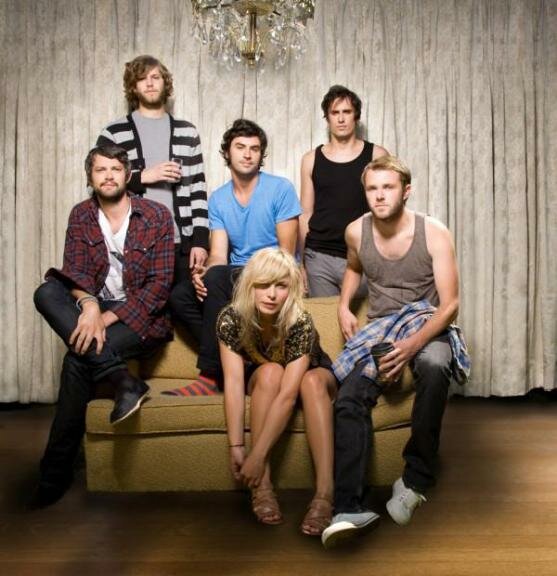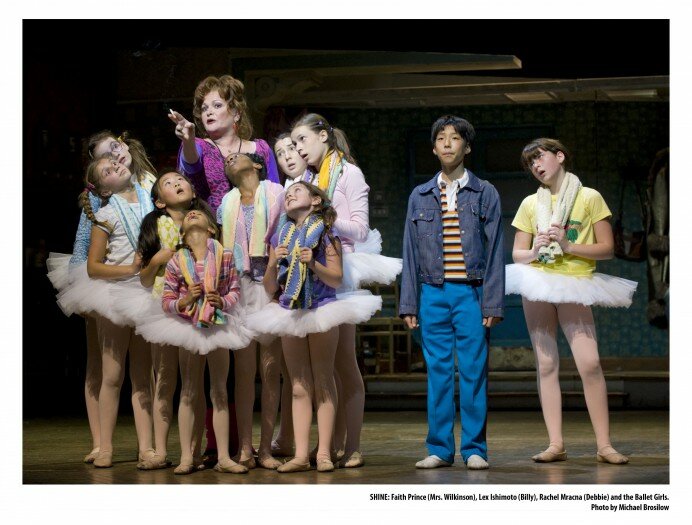 What strikes you about halfway through Act I of Billy Elliot the Musical (tickets now through April 3 at the Paramount Theatre) is that the whole show pretty much hinges on the thirteen- or fourteen-year-old actor/singer/dancer playing the lead role. The kid has to be a good ballet dancer, good tap dancer, good contemporary dancer, a bit of a gymnast. Oh, and he has to be able to belt out the Elton John ballads like a pro.
What strikes you about halfway through Act I of Billy Elliot the Musical (tickets now through April 3 at the Paramount Theatre) is that the whole show pretty much hinges on the thirteen- or fourteen-year-old actor/singer/dancer playing the lead role. The kid has to be a good ballet dancer, good tap dancer, good contemporary dancer, a bit of a gymnast. Oh, and he has to be able to belt out the Elton John ballads like a pro.
For opening night this Wednesday, Lex Ishimoto (one of four young dancer/actor/singers playing the title role in this tour) was pretty much all that. It’s his show. But there were two other performances that nearly stole the spotlight for opening night. At the very least, they shared it.
The story centers around young adolescent Billy, a young boy in a working-class, Northern English coal-mining town (in the midst of a miner strike), who discovers his true passion for dance.
A skilled dancer (particularly with the more contemporary dance moves that are artfully blended with classical ballet moves), Ishimoto is a terrific Billy. When his father, brother, and their fellow miners find out that Billy had been studying ballet in secret for two months–and mock him for it–he explodes in a thrilling dance of rage (“Angry Dance”). Ishimoto taps violently on every surface (vertical and horizontal), throws himself screaming on the acrylic riot shields of the police on the picket lines, all in a terrifying blend of ballet, acrobatics, contemporary dance, and grief. I would be surprised if there wasn’t anyone in the audience over the age of twelve who didn’t identify with that moment. We know, Billy. We know.
From the moment she steps on the stage, you know that Faith Prince, as Billy’s ballet teacher Mrs. Wilkinson, is an actor at the top of her game. The temptation with such a juicy, eccentric character would be to play her way over-the-top. That’s one of those things that’s fun to do, but not so fun to watch (Johnny Depp’s Captain Jack Sparrow excepted). Prince grounds the character in her turquoise leg warmers (the story is set in 1984, after all), plays it big, but plays it real. She’s just the right amount of jaded, slightly bitter small-town dance instructor without (too much) caricature. What I liked most in her performance was how she played the pauses and the silence. Her glance to Billy said more than words could.
And now, I sort of contradict myself. My favorite performance of the night was young Griffin Birney as Billy’s best mate Michael, who is learning to process his own homosexuality. When Billy comes to Michael’s house and sees him trying on his sister’s clothes, Michael encourages Billy to join him in just letting go and having fun. Their big number, “Expressing Yourself,” brought down the house. Birney was so charismatic, so joyful and free (and a great tap dancer), it was impossible not to be drawn in to his world with him. It was an over-the-top performance in all the right ways. The boy totally owned it.
The ensemble was outstanding and provided some beautiful moments both musically and visually. The slow-motion, smoky dance of men and chairs in “We’d Go Dancing,” was, surprisingly, as beautiful as anything I’ve seen on stage. I’d love to see that, and this show, again.



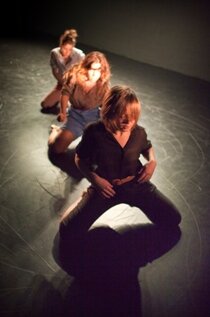
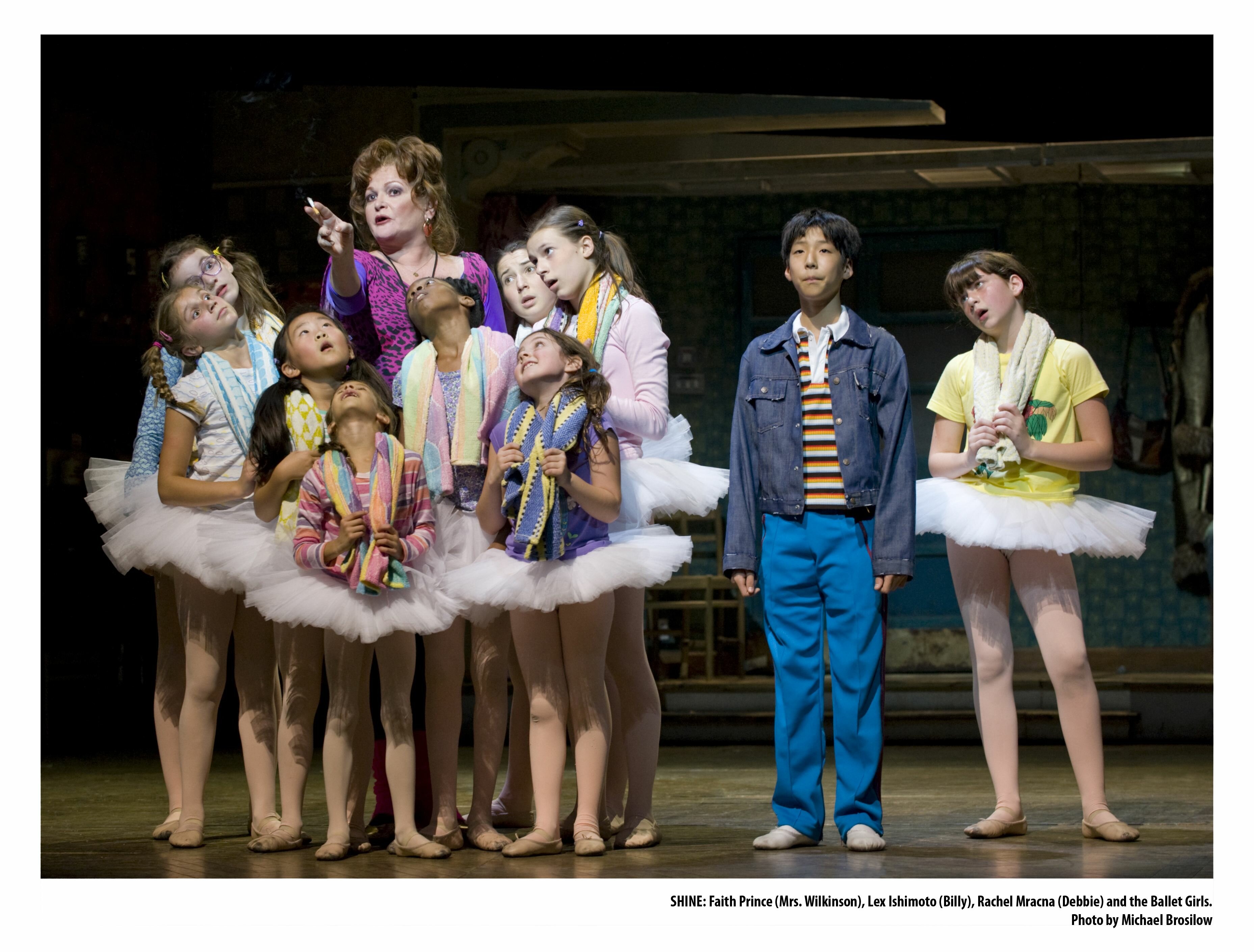
 What strikes you about halfway through Act I of Billy Elliot the Musical (tickets now through April 3 at the Paramount Theatre) is that the whole show pretty much hinges on the thirteen- or fourteen-year-old actor/singer/dancer playing the lead role. The kid has to be a good ballet dancer, good tap dancer, good contemporary dancer, a bit of a gymnast. Oh, and he has to be able to belt out the Elton John ballads like a pro.
What strikes you about halfway through Act I of Billy Elliot the Musical (tickets now through April 3 at the Paramount Theatre) is that the whole show pretty much hinges on the thirteen- or fourteen-year-old actor/singer/dancer playing the lead role. The kid has to be a good ballet dancer, good tap dancer, good contemporary dancer, a bit of a gymnast. Oh, and he has to be able to belt out the Elton John ballads like a pro.